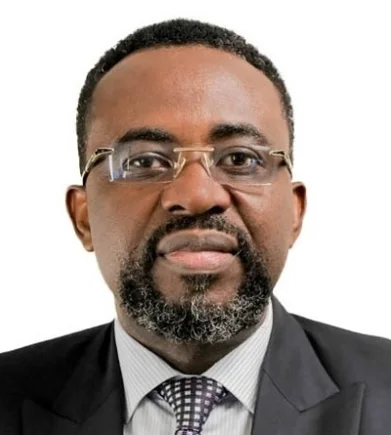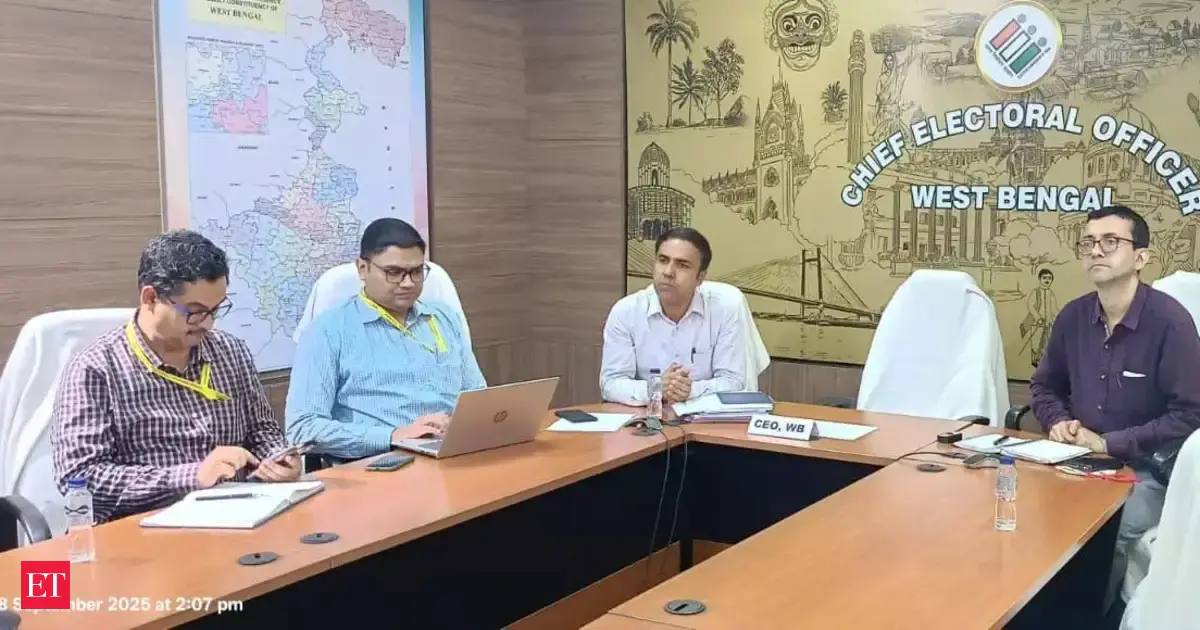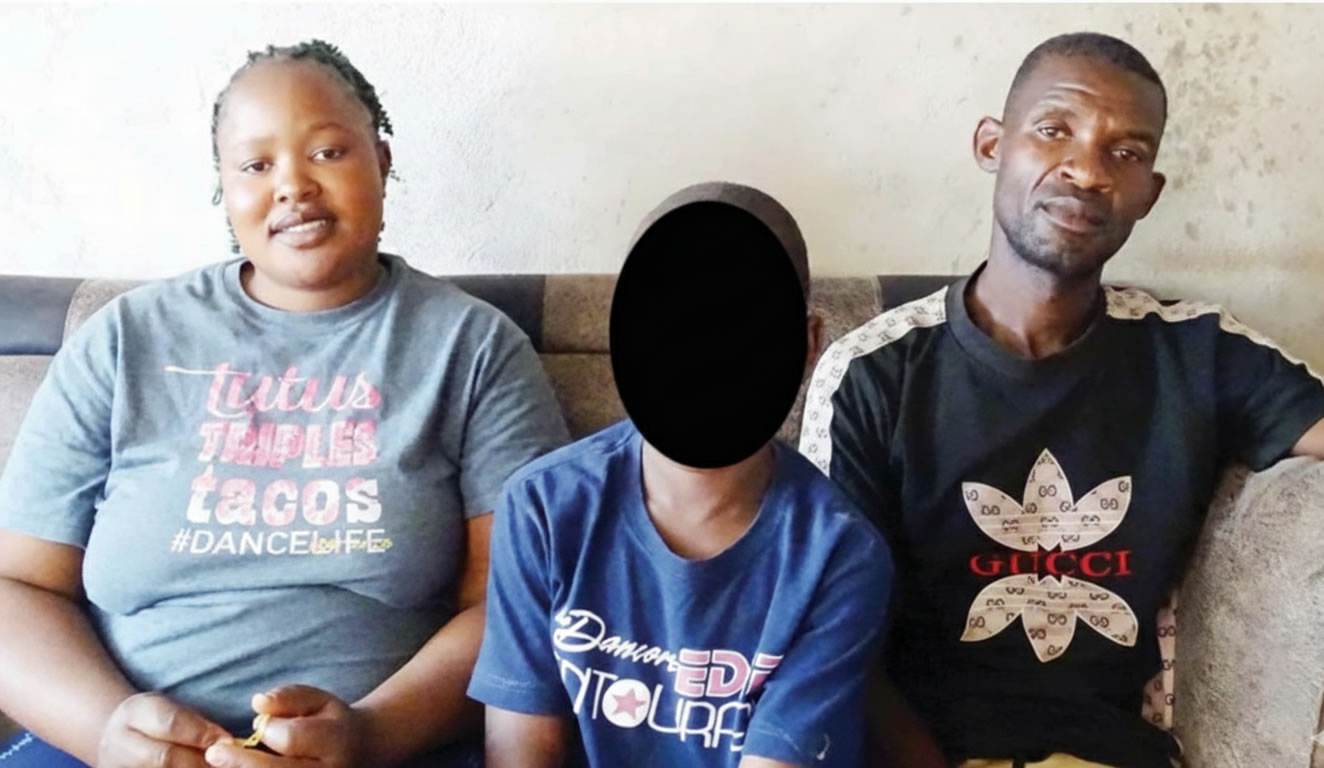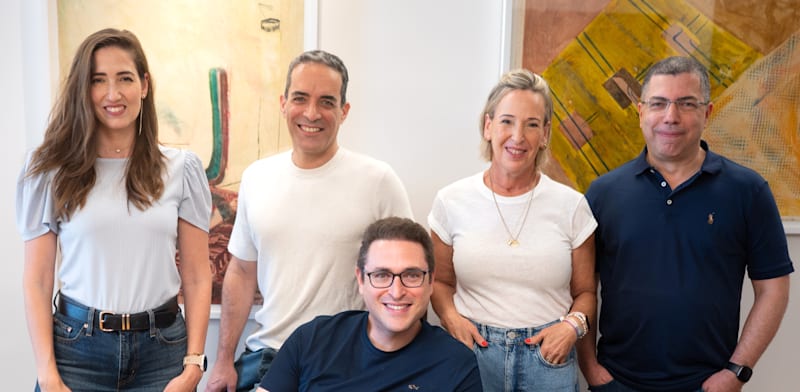By Ghana News
Copyright ghanamma
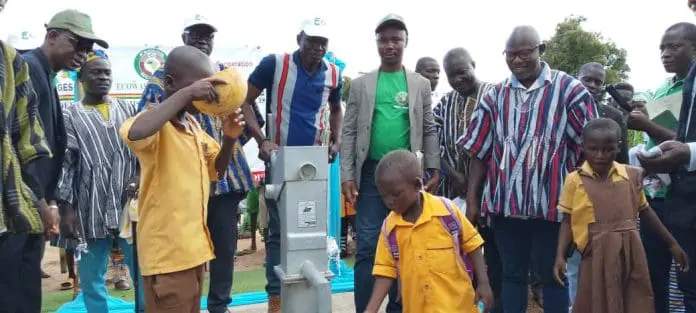
The Economic Community of West African States (ECOWAS) Commission commissioned a strategic water borehole facility at Dakuma/Hiel Basic School in Ghana’s Upper West Region, addressing critical infrastructure deficits that contribute to educational inequality across West Africa’s most water-scarce regions.
The September 17 handover ceremony represents ECOWAS’s expanding investment in rural education infrastructure, targeting regions where climate change has worsened water insecurity, leading to health and livelihood consequences in semi-arid areas like Ghana’s Upper West.
Implemented through Millennium Child Support Group (MCSG) partnership with Spanish Cooperation funding, the borehole forms part of ECOWAS’s comprehensive school feeding program covering all fifteen member states plus suspended members Burkina Faso, Mali, and Niger despite ongoing political transitions.
Lack of water in schools represents one of the biggest challenges across Ghana’s educational system, with rural schools particularly affected by infrastructure deficits that force students to leave classrooms during school hours to seek water from distant sources.
Francis Dabire, representing ECOWAS’s Regional Agency for Agriculture and Food (RAAF), emphasized community-centered approaches as essential for sustainable development outcomes. The facility follows similar ECOWAS-funded infrastructure completed at Kenee Basic School in Jirapa Municipality last July, demonstrating systematic regional investment in educational water security.
District Chief Executive Fuseini Gbene positioned the initiative within Ghana’s broader school feeding policy framework, acknowledging ECOWAS’s instrumental role while highlighting ongoing sectoral challenges requiring sustained partnership engagement and expanded technical cooperation.
Dr. Godfrey Ato Parker, Chief Executive Officer of MCSG and project coordinator, outlined the organization’s comprehensive approach addressing classroom hunger through integrated water, sanitation, and nutritional programming. The strategic framework aligns with ECOWAS’s human capital development objectives while promoting local agricultural producer business opportunities.
The water infrastructure investment addresses gender-specific educational barriers, with reliable water supply representing a significant contributing factor to declining access within 30 minutes in rural areas, particularly affecting female students who traditionally bear water collection responsibilities.
Home-grown school feeding programs within ECOWAS have undergone significant evolution since 2020, with enhanced focus on integrated infrastructure development supporting nutritional objectives through improved sanitation and agricultural productivity linkages.
The Sissala West District facility incorporates agricultural hydraulics designed to support drinking water provision alongside agroecological vegetable gardens and livestock development for canteen protein enrichment. This comprehensive approach demonstrates ECOWAS’s strategic integration of education, nutrition, and agricultural development priorities.
Community governance structures including traditional chiefs, education officials, and parent associations committed to facility maintenance and program sustainability beyond project completion timeframes. The collaborative framework reflects lessons learned from previous ECOWAS rural development initiatives requiring long-term community engagement.
Ghana’s School Feeding Programme started in 2005 as a pilot project and operates through partnerships with international agencies including the World Bank and World Food Programme, creating synergies with ECOWAS regional programming and resource mobilization strategies.
The Upper West Region’s selection reflects strategic targeting of Ghana’s most water-insecure areas, where semi-arid conditions and climate change impacts create particular challenges for sustainable water resource management and educational service delivery.
Industry analysts suggest ECOWAS’s integrated approach to rural education infrastructure could serve as a continental model for addressing systemic barriers to quality education access. The combination of water security, nutritional programming, and agricultural development creates comprehensive frameworks for community-level transformation.
Spanish Cooperation’s continued funding demonstrates sustained international commitment to West African educational development, with particular emphasis on addressing rural-urban educational quality disparities that affect long-term regional economic competitiveness and social mobility.
The initiative’s success could influence broader ECOWAS investment strategies in member state education infrastructure, particularly in regions facing similar water security challenges and educational access barriers. Community response and facility sustainability will determine future programming expansion and resource allocation decisions.
Government officials, traditional authorities, and community members demonstrated strong commitment to supporting program advancement and facility maintenance, suggesting favorable conditions for sustainable impact and potential replication across similar rural educational contexts throughout the ECOWAS region.
